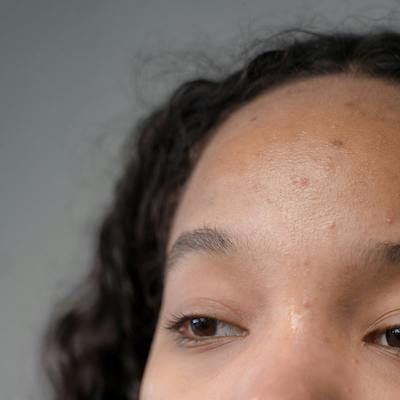Video
Seemal Desai, MD: The Promise of JAK Inhibitors in Vitiligo Management
Author(s):
Dr. Desai says that Janus kinase inhibitors present a new mechanism of action, with effects on cytokine signals that signal inflammation in atopic diseases.
In an interview with HCPLive, Seemal Desai, MD, Clinical Assistant Professor of Dermatology, University of Texas Southwestern Medical Center, touched on the promise of Janus kinase (JAK) inhibitors, as well as their effect on the cytokine and inflammation cascade in the skin of patients with vitiligo.
“Mechanistically, it really is one of those pathways that makes a lot of sense, and so the opportunity for these auto inflammatory diseases to now have small molecule therapies,” Desai said.
“These are not biologics, they're small molecules that targets specifically a pair of proteins through which many of these cytokines signal for the inflammation in diseases like vitiligo, atopic dermatitis, alopecia areata, and psoriasis. I think that's the most exciting thing because it's a new mechanism of action.”
Though Jak inhibitors have been utilized as an inflammation-based therapeutic option, they have been referenced in case reports of other skin conditions such as dermatomyositis, graft versus host disease, and some cases of lupus.
JAK had also been approved by the Food and Drug Administration (FDA) in the oral forms for rheumatoid arthritis, psoriatic arthritis, and myelofibrosis.
The interest regarding JAK inhibitors, however, has often related to conditions such as atopic dermatitis and vitiligo.
In addition to these therapies, Desai credited the increased awareness of vitiligo to patient outreach and patient supports groups.
Organizations such as the Global Vitiligo Foundation, of which he is the Board of Directors, have long since supported clinical research and basic science research on the skin conditions, as well as other support/advocacy groups.
Desai also called for the continued support of basic science, clinical and translational research in understanding the disease process itself.
“I think in a few years, we're going to be able to talk about ordering tests that have biomarkers that can predict how bad the disease gets, we can do more interleukin or cytokine-based therapy, such as IL-15 and others like we talked about, and then of course, the new JAK inhibitors,” Desai said. “So, there's a lot of excitement on the horizon.”
To hear more from Dr. Desai, watch the video above, or click the link here for part 1 of his conversation with HCPLive.





